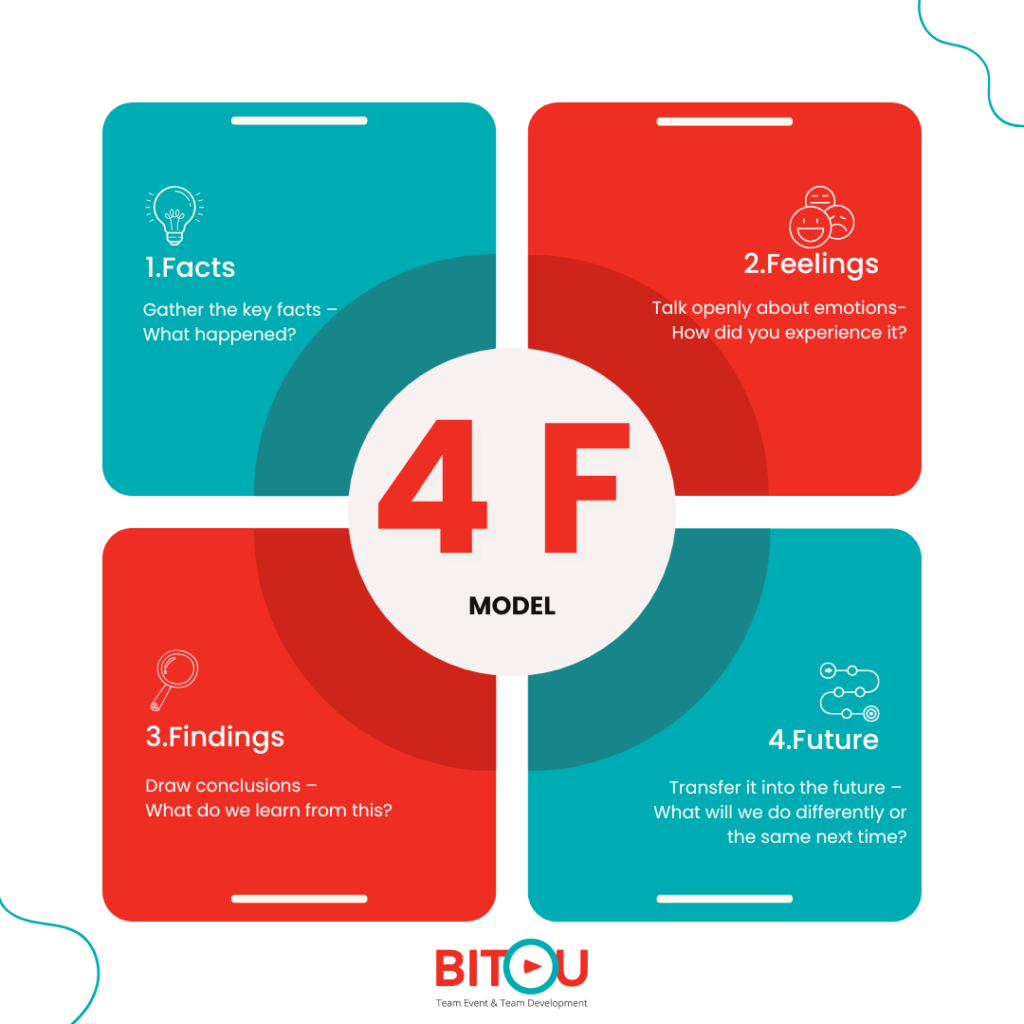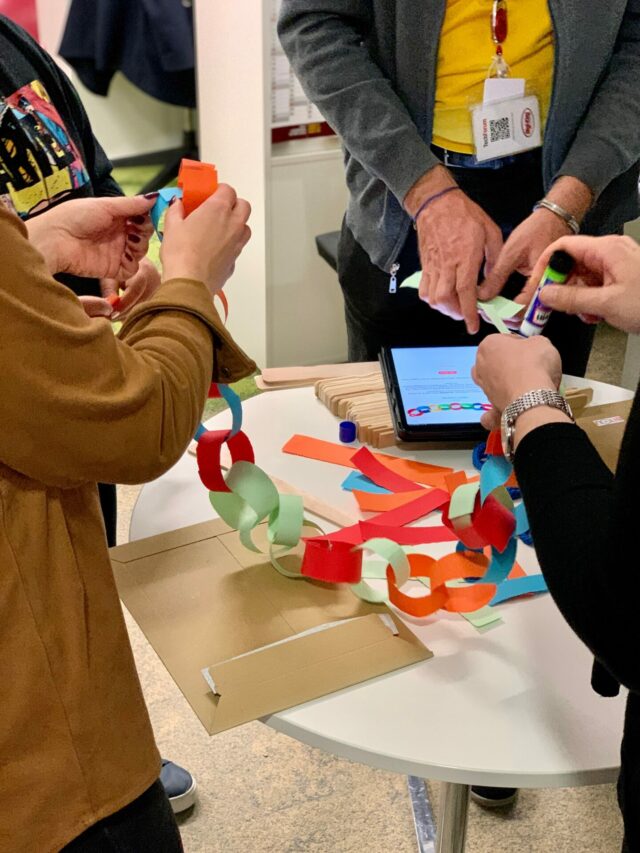Effective Debriefing: How Structured Evaluation Drives Success

In many teams, debriefing after projects, workshops, or events is still seen as a simple wrap-up — a brief look back to check off what’s been completed. But this approach leaves valuable potential untapped. When done properly, a debriefing is far more than a formal routine: it’s a structured process of evaluation designed to consciously reflect on experiences, gain insights, and use these learnings for future success.
The real difference lies in whether a team merely talks about results — or actually learns from both successes and mistakes. A professional debriefing creates space for honest feedback, encourages open dialogue, and makes progress measurable. Especially in complex projects or team development processes, this form of reflection is essential. It strengthens mutual understanding, improves collaboration, and increases the likelihood of greater success next time. Establishing debriefing as a fixed part of the work culture lays the foundation for sustainable achievement.
Why Debriefing and Evaluation Matter
- Reflection creates clarity: What went well, and what didn’t?
- Learning becomes tangible: Turn mistakes and successes into concrete actions.
- Team dynamics improve: Open discussions foster trust and understanding.
- Sustainable success: Insights from evaluations flow into future projects.
The Structure of an Effective Debriefing
A clear structure ensures that a debriefing leads to meaningful and lasting results. The following five steps form the backbone of an effective evaluation process:
- Preparation: Define the agenda, set the framework, and assign facilitation.
- Introduction: Create a positive atmosphere and involve all participants.
- Analysis: Collect facts and observations, discuss causes and outcomes.
- Transfer: Derive concrete learnings and assign responsibilities.
- Conclusion: Document agreements and define next steps clearly.
The 4F Model – A Practical Framework for Debriefings
A particularly effective model for debriefings is the 4F Model, which provides a clear, easy-to-understand structure for reflection:

This model works especially well for workshops, team meetings, or project conclusions, as it considers both factual and emotional aspects — resulting in a well-rounded and meaningful evaluation.
Success Factors for an Effective Debriefing
- Neutral facilitation: A neutral moderator ensures that everyone can contribute equally without being influenced by hierarchy or personal interests. This creates a safe space for open exchange and prevents individual voices from being overlooked.
- Foster an open feedback culture: Debriefing only works when participants can speak honestly and transparently. An open culture of feedback welcomes both praise and constructive criticism — without fear of repercussions. This leads to deeper reflection and more valuable insights.
- Document the results: Without documentation, the value of a debriefing quickly fades. Insights that are spoken but not recorded are easily lost. A written summary or “lessons learned” document ensures that the outcomes are accessible to the whole team.
- Define concrete actions: Reflection alone isn’t enough. What matters is turning insights into clear next steps — so that learning becomes action.
- Conduct it promptly: A debriefing is most effective when it takes place soon after the project or event. This keeps experiences fresh and the discussion relevant and dynamic.
Conclusion
A debriefing is not just a “wrap-up” — it’s a key component of long-term success. With the right structure and methods, a debriefing transforms from a simple discussion into a true learning process that strengthens teams, improves collaboration, and makes future projects more successful.
Try implementing a structured debriefing in your next project — you may be surprised by how many valuable insights come to light through a systematic evaluation.
|Pia Neugebauer
About the author
Pia Neugebauer is the Managing Director and Head of Human Resources at BITOU GmbH, bringing with her many years of experience in people management and leadership strategies.
With a keen sense for interpersonal dynamics and a genuine passion for sustainable transformation processes, she regularly writes about topics that truly help teams grow and succeed.
Learn more about Pia and her current projects here.





